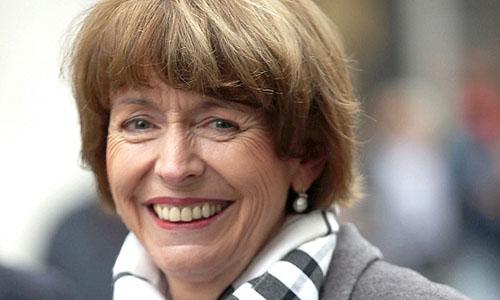Cologne stabbing victim elected mayor
Cologne mayoral candidate Henriette Reker, who was stabbed while campaigning by a man opposed to letting migrants into Germany, was elected on Sunday, according to provisional results.
Reker, who is recovering after Saturday's attack which police labelled a "racist political" act, won 52.7 percent of votes cast, according to the municipal results with three quarters of the ballots counted, putting her on track to becoming the German city's first female mayor.
Standing as an independent, though close to the ruling Christian Democrats (CDU) of Chancellor Angela Merkel, Reker has become Germany's most prominent victim of a growing backlash against a record influx of refugees this year.
The 58-year-old trained lawyer also becomes the first female mayor of the western German city which has a significant Muslim minority.
Reker, who was unknown on the national level before Saturday's attack, was responsible for refugee issues in Cologne, Germany's fourth-largest city with 980,000 inhabitants.
The attack on her came as Germany struggles to cope with a huge influx of asylum seekers, whose numbers are expected to reach between 800,000 and a million by the year's end.
Merkel's open-door policy has provoked a backlash among her conservative allies and sparked protests among the far-right.
Reker's attacker, a 44-year-old unemployed man arrested at the scene, had a racist motivation for the stabbing, Cologne police said.
Reker was said to be in a satisfactory condition in hospital on Sunday, the day after the attack which came at a CDU information stand in a market in the city. Four other people were wounded in the incident, one seriously.
More than 630,000 people fleeing war and misery in the Middle East and Africa have landed on Europe's shores so far this year.
Most of the refugees and migrants are trying to get to Germany, Europe's economic powerhouse, which has said it expects up to a million asylum seekers this year after saying it would open its doors to Syrian refugees.
As a result of the influx, German authorities have warned in recent weeks of a rise in unrest, with the country's domestic spy chief saying last month: "What we're seeing in connection with the refugee crisis is a mobilisation on the street of right-wing extremists, but also of some left-wing extremists."
Related Posts

